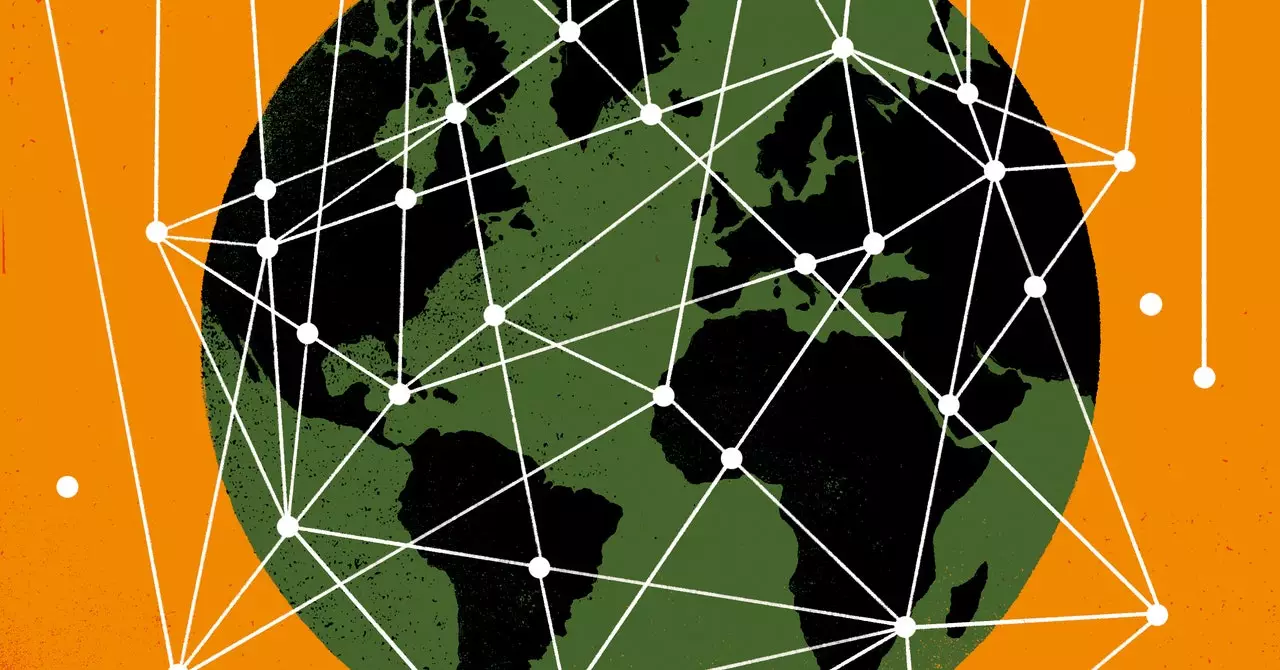As we navigate the complexities of artificial intelligence (AI) development and its geopolitical implications, the escalating tensions have become increasingly apparent. Since the rise of advanced AI systems like GPT-4, political discourse has oscillated between exhilaration and trepidation. By 2025, a pivotal shift is anticipated in how global leaders engage with AI, steering away from the anxiety-laden narratives that have dominated recent discourse. Presently, we find ourselves entrenched in a climate where AI innovation is perceived as both a technological gold rush and a moral peril. Prominent figures like Elon Musk and Steve Wozniak have voiced their concerns through requests for temporary halts in AI advancements, reminiscent of fears that arose during past technological revolutions.
In 2023, as investments in AI surged, experts warned of potential catastrophes comparable to nuclear warfare and global pandemics. This chain reaction of worry has muddled the perspective of decision-makers, pushing the conversation towards nationalism and exclusion rather than collaboration and inclusivity. As countries maneuver to safeguard their interests in the AI domain, there emerges a stark dichotomy between leveraging technological advancements for collective growth and retreating into protective shells of nationalism.
AI Nationalism: A Quest for Dominance
The trends in AI nationalism illustrate a growing narrative that frames technological development in militaristic terms—a competition to be won rather than a joint global endeavor. An illuminating case study is China’s ambition to assert itself as an AI superpower by 2030, as articulated in President Xi Jinping’s 2017 announcements. China’s “New Generation AI Development Plan” aspires for a leading global position, setting aggressive targets to enhance its innovation capabilities. In response, the United States enacted measures like the CHIPS and Science Act in 2022, aimed at fortifying its domestic semiconductor industry while hindering China’s progress in AI.
Similarly, the Biden administration has sought to limit investments in AI that could benefit China, with moves reflecting an underlying fear that any technological edge gained by adversaries could translate into significant geopolitical disadvantages. Such developments propagate a narrative of competition, elevating the stakes of the AI race beyond mere technological advancement into the realm of national security.
In this context, it is critical to draw lessons from historical precedence, particularly from the Cold War era, where the United States managed to channel its technological prowess into a vision of shared global progress. During that period, innovations in space exploration emerged not merely as symbols of competition but also as opportunities for diplomacy and international collaboration. The governance frameworks established, such as the treaties that prohibited the militarization and colonization of space, serve as reminders of the potential for constructive engagement amidst rivalry.
The stark contrast to current AI dialogue highlights the need for renewed political leadership that emphasizes cooperative frameworks over combative posturing. It is vital that stakeholders within the AI space adopt a mindset geared towards collaborative problem-solving, establishing platforms for diplomatic engagement rather than entrenched isolationism.
Looking forward, the year 2025 is earmarked for a thoughtful recalibration of the global approach to AI. The AI Summit in France, scheduled for that year, promises to foreground dialogue over confrontation. President Macron’s initiative signals a transformative approach, as he shifts the narrative from AI safety—a largely fear-based discourse—to one focused on practical solutions and policy standards.
The United Nations’ acknowledgment of the need for a more inclusive debate underscores the global imperative to move towards collaborative frameworks, whose success hinges on the simultaneous engagement of major geopolitical actors such as the US and China. Notably, these nations have initiated channels for bilateral consultations regarding AI, reflecting optimism for a future of dialogue instead of division.
As we approach 2025, the global landscape surrounding AI is on the brink of significant transformation. The anticipated pivot towards diplomatic engagement amidst unprecedented challenges presents an opportunity to foster a cooperative and beneficial future through unified innovation efforts. The forthcoming years may indeed herald a new era in which global superpowers prioritize collective progress and shared standards over competitive isolationism.


Leave a Reply
You must be logged in to post a comment.